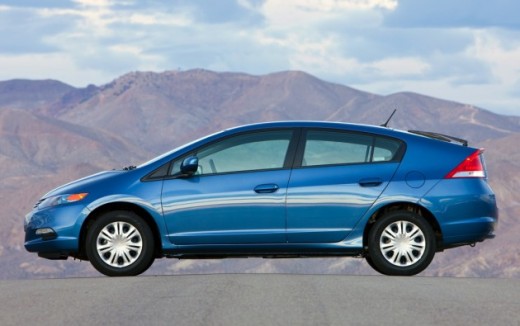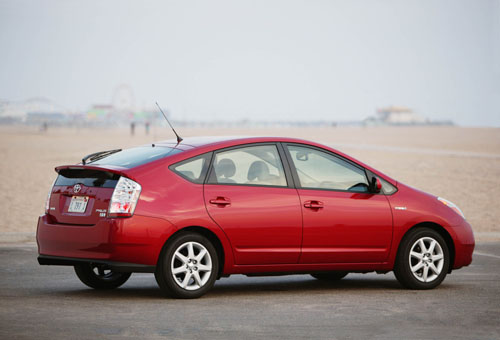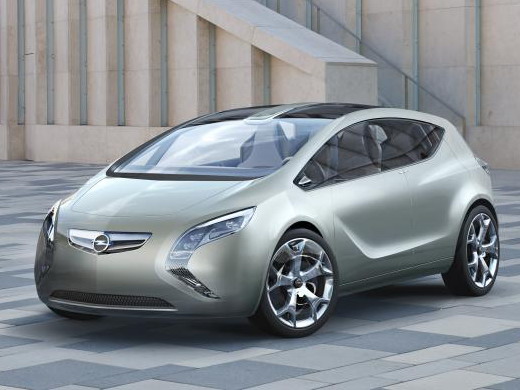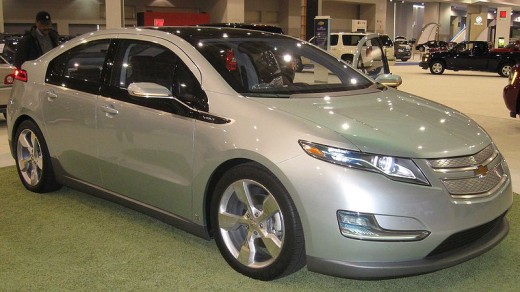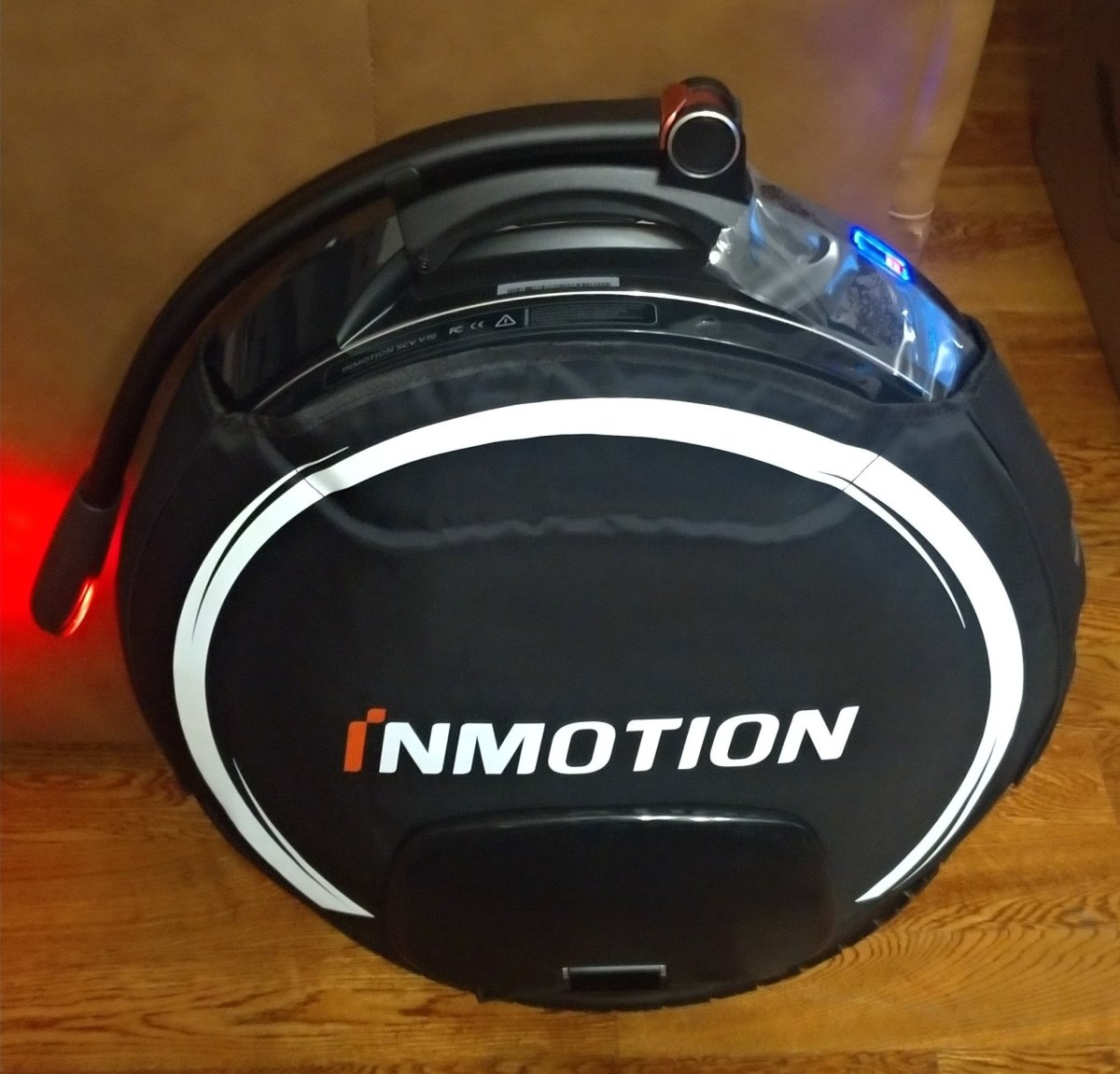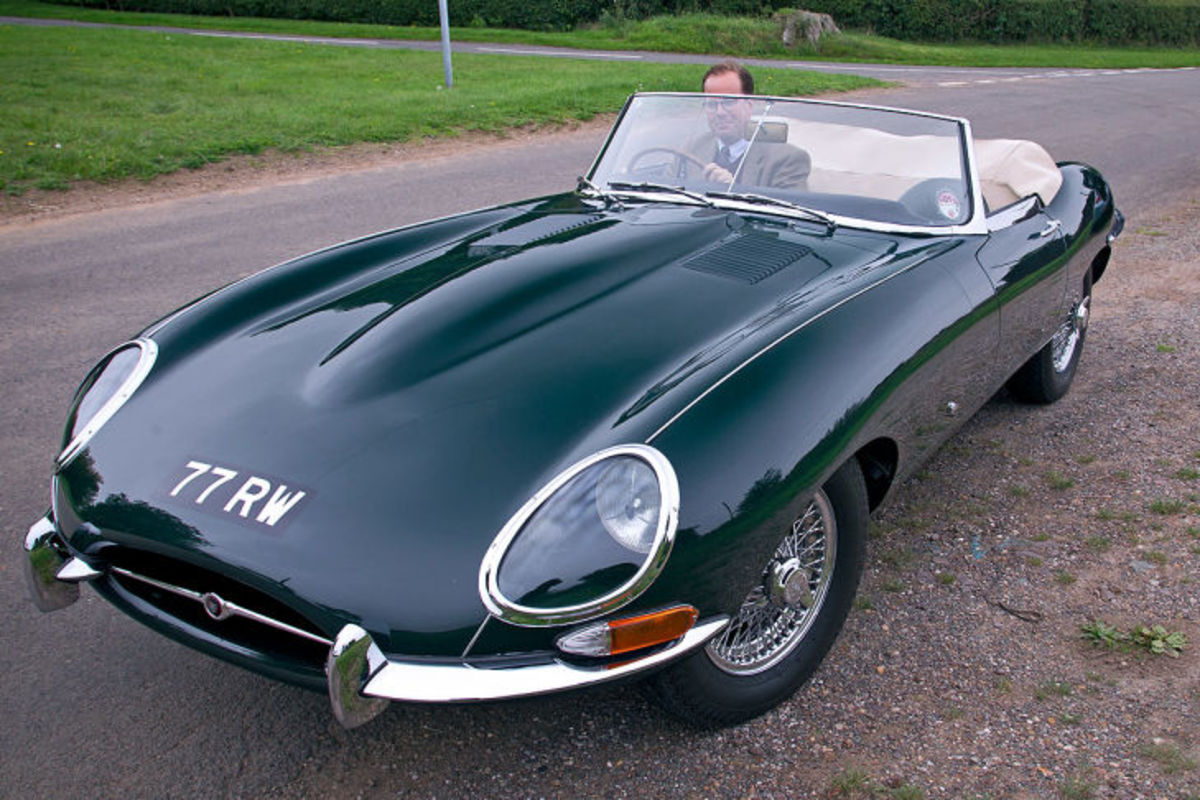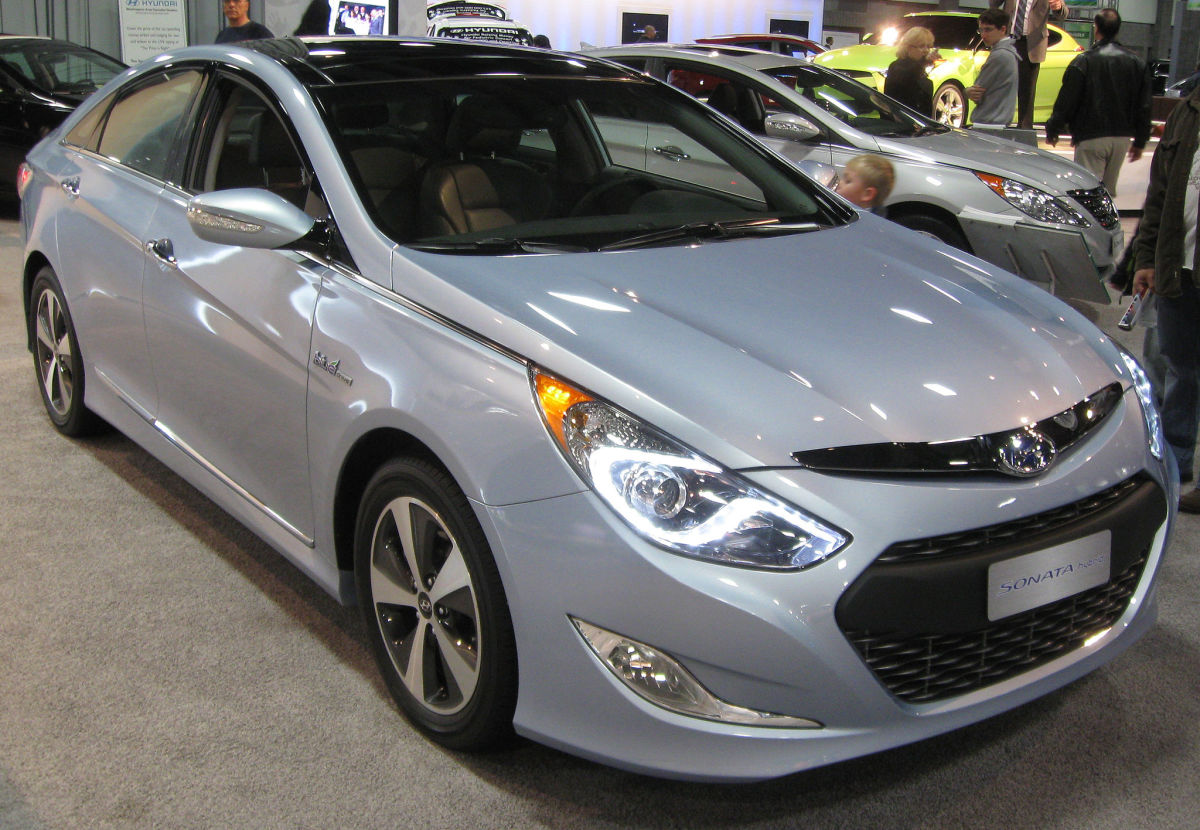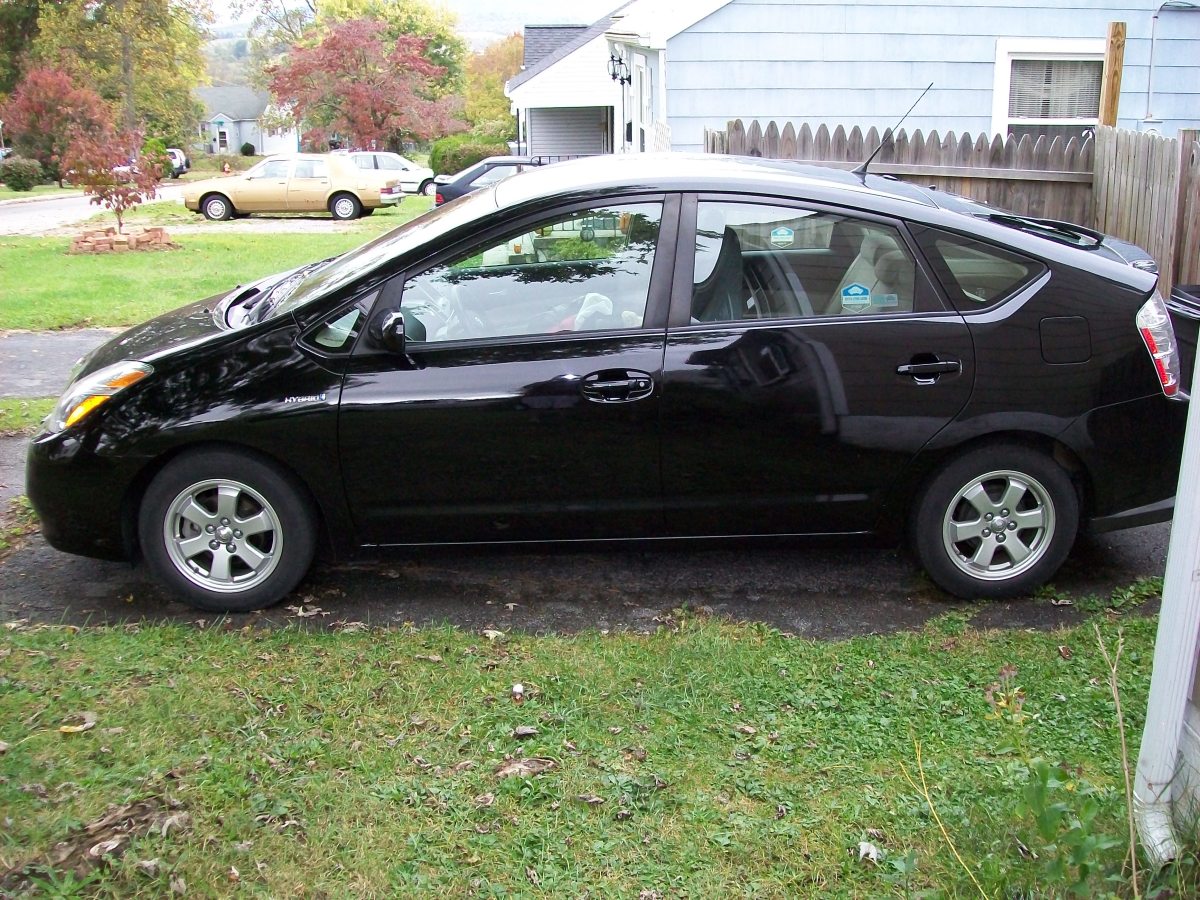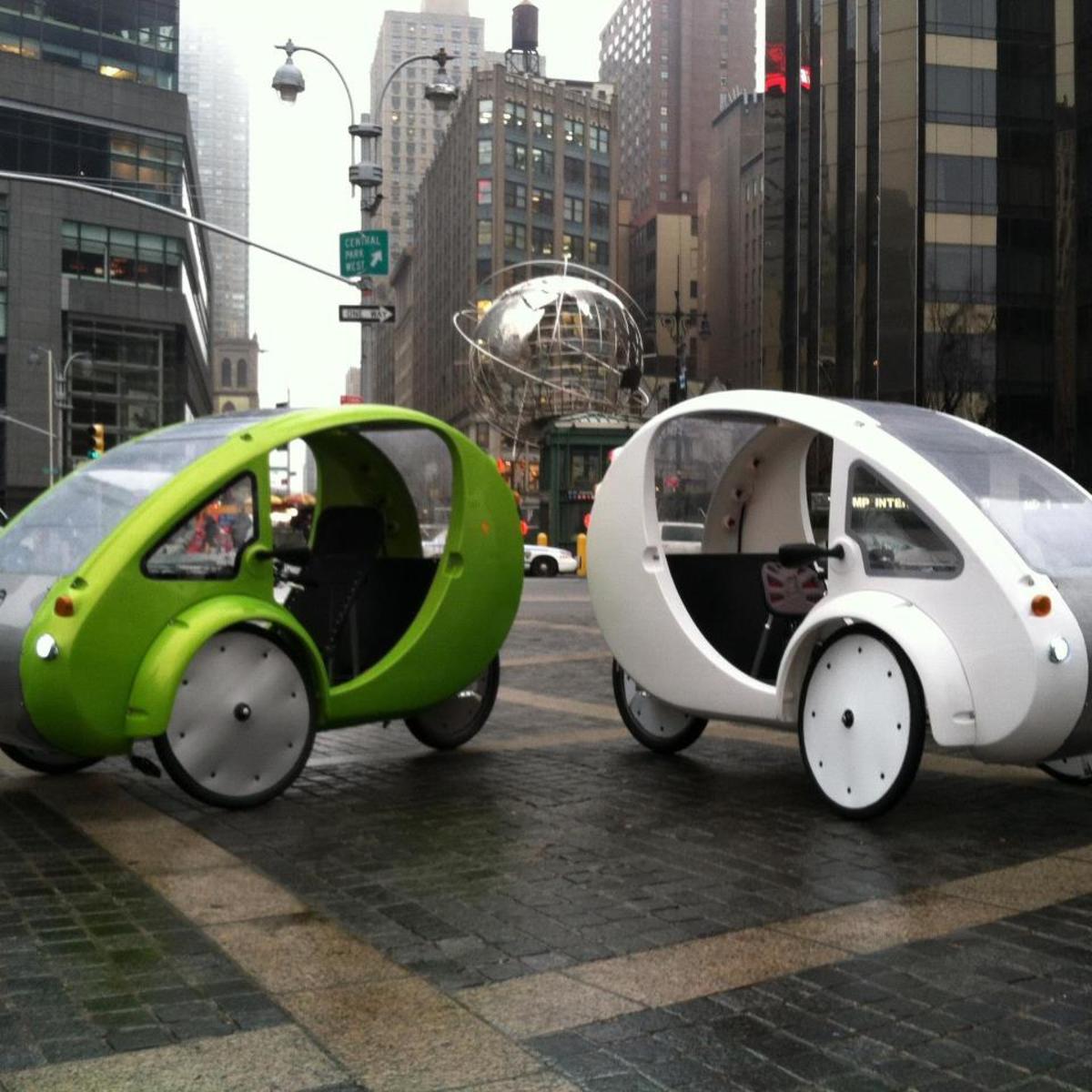Future Car - Hybrid Types
Hybrid? There's More Than One Type
With all the talk of "the hybrid car", its ability to save gas and pollute less, get high mileage and still drive like a "real" car, there is little attention being paid to exactly how those hybrids work. What are the types of hybrid cars?
Some questions that rarely get asked and the manufacturers almost never talk about are:
- What types of hybrid cars are there?
- Is it a full hybrid?
- Is it an assist hybrid?
- Is it a hybrid at all?
- How much help to the engine does that electric motor provide?
- Why does it make a difference?
This hub will attempt to tell you what the differences are, explain the importance of each, and finally, reveal who uses what type of motive "assisted" force in their cars.
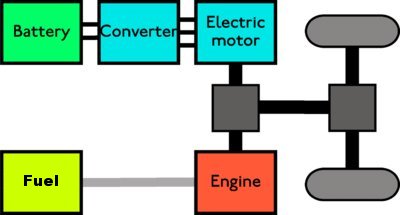
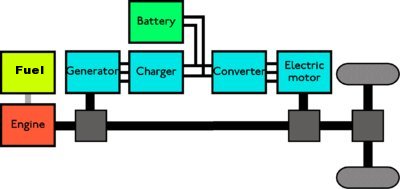
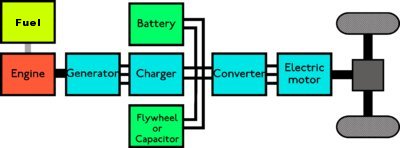
Five Types of "Hybrids"
The Society of Automotive Engineers
(SAE) defines a true hybrid vehicle as a vehicle that will have "two or more energy storage systems, both of which must provide propulsive power, either together or independently." As such an "energy storage system" could be a gasoline or diesel engine, electric motor/battery pack, or other source of motive power.
Mild Hybrid
This is defined as a "traditional
system" fitted with a 48-volts in batteries. Marked "mild hybrid", but in reality it is not a hybrid at all. There is only one single source of propulsion power to the wheels. This automatically disqualifies it as "hybrid" since a hybrid, by definition, must have two or more sources of motive power. These systems do not shut off power to the engine when the vehicle stops (as there is no engine), nor does it recapture energy as the vehicle slows. Motive power is via electric motor. This is two out of three conditions of "hybrid" that this type does not meet.
Assisted Hybrid
This is a system with a relatively small battery-pack and one moderate electric-motor that contributes propulsion power to the
wheels while the vehicle is accelerating. This type shuts off the engine at full stop, provides some propulsive power to the wheels along with the gasoline engine, and does recapture ("regenerative braking") electrical energy when braking. Because there is only one motor, electrical energy cannot be generated while the car is under acceleration. In other words, the motor/generator can only charge the batteries or drive the car, but not both at the same time.
Full Hybrid
This is a system with an ample battery-pack, one moderate sized electric-motor, one (or more) large electric-motor/generator(s),
and, combined with the engine, provides an extended range of gasoline powered and/or electric powered propulsion. e.g. the vehicle can run on the electric motor only, the gas engine only, or a combination of both. The engine can be charging the batteries via the motor/generator, while the other electric motor provides motive power. This type of hybrid can shut down the gas engine at stop, recharge the batteries as the vehicle slows down and can provide motive force to the wheels via an electric motor and/or the gasoline/diesel engine.
Series Hybrid
This is a system with one ample electric motor, one ample motor/generator, a large sized battery pack, and a gasoline or diesel engine. This type only provides power to the motor or motor/generator never actually supplying power directly to the wheels. In this way it is similar to the diesel/generator of a diesel electric locomotive. The car may or may not shut the engine down at stop, but then since the engine generates electricity this is entirely due to demand on the batteries. It can also use "regenerative braking" to recharge the batteries. All motive force is via the electric motor. By S.A.E. standards this is not a true hybrid.
Two Mode Hybrid
This is a system with one gasoline or diesel engine, two large motor/generators, planetary gear systems between the engine, motors, and a good sized battery pack. The gasoline or diesel engine supplies power to the one motor/generator through a planetary gear or to both motor/generators via a secondary planetary gear. The engine (gas or diesel) can supply power to the driving wheels through gears or the electric motors can provide motive force through a gear-set to the driving wheels. (no graphic for this one; sorry)
Hybrid Types and Who Uses Them
Assisted Hybrid
| Full Hybrid
| Two-Mode Hybrid
|
|---|---|---|
Honda Insight
| Toyota Prius
| Chevrolet Tahoe Hybrid
|
Honda Civic Hybrid
| Toyota Highlander Hybrid
| DaimlerChrysler (in development)
|
Saturn Hybrid
| Toyota Camry Hybrid
| BMW (in development)
|
Lexis RX400h
| General Motors (in development)
| |
Series Hybrid
| Lexis GS 450h
| |
Chevrolet Volt (pre-production)
| Ford Escape
| |
Dodge/Chrysler EV (pre-production)
| Ford Mariner
|




What is the Best Hybrid Type
Mild Hybrid: Very wasteful. No gasoline or diesel engine. Not even a true hybrid.
Assisted Hybrid: This type can only use the one motor/generator for charging the batteries or driving the wheels of the car, but not both at the same time. In all cases the electric motor "assists" the gasoline engine, but it cannot take over completely from the gas engine. This type of hybrid has the lowest MPG of all types. This is the hybrid type of choice for Honda.
Full Hybrid: This is the hybrid design of choice by Toyota (and it's flagship sister Lexis). This system provides very good miles per gallon, and can actually charge batteries from one motor/generator while the other drives the wheels of the car. The electric motor can be used to assist the engine or it can drive the car by itself. This is an efficient design.
Series Hybrid: This is not a true hybrid by S.A.E. standards, nevertheless the vehicles promise to deliver very good gas mileage. The gasoline/diesel engine is only used to charge the battery pack through the generator. A separate electric motor drives the wheels. With a large battery pack recharging only needs to take place after about forty miles before the gasoline/diesel engine needs to start. Not yet in production!
Two Mode Hybrid: At low speeds this hybrid operates as a Full Hybrid with the engine supplying power to a generator, battery pack, and/or wheels. At higher speeds and loads the engine always runs and is augmented by the electric motor like an Assisted Hybrid. The figures to date are not that different than the Full Hybrid, but this is currently only offered in a large heavy vehicle. This is a new design, with most "implementations" in development and only one vehicle actually using it; the Chevrolet Tahoe Hybrid.
When the system is implemented in lighter vehicles we may see much better performance. Time will tell.
Hybrid Perfornance
Hybrid Type
| Mileage
| Manufacturer(s)
|
|---|---|---|
Full Hybrid
| 50+ Miles per Gallon (MPG)
| Toyota
|
Series Hybrid
| Unknown. GM says 250 MPG
| Chevrolet, Opel
|
Assisted Hybrid
| 40+ MPG
| Honda
|
Two Mode Hybrid
| Unknown. GM says 30 MPG or better
| Chevrolet, Daimler/Chrysler
|
Closing Note
After doing the research for this hub I was more than a little surprised to learn that a lot of the cars we are hearing about called "hybrid" really aren't. None of the electrics are. They are...well...electrics; not hybrids.
So I thought about all the use of "HD" or High Definition right after the introduction of the similarly named TVs. It wasn't long before there was "HD" radio and "HD" audio systems, and even "HD" sun-glasses. None of these things are actually high definition. I guess the same thing is happening with that magic word "hybrid" now.
And then I thought about a toy I had as a kid. You can still buy them. It was a little red wagon with a nicely designed handle. You could pull it behind you or turn the handle back and "drive" it like a car. It lasted forever and was extremely functional. I wish I still had it.
I was called a "Radio Flyer" even though there was no radio on it and it certainly couldn't fly. However, the wagons came out right when airplanes and radio-waves began making serious news.
"Highjacking" a snappy sounding name to put on your product is nothing new it seems, but it's really confusing when what is under the hood is a great mystery to many people. Shame!
This is the sixteenth in the series of future cars.
Future Car Series
- The Future of the Car
The car of tomorrow promises to be radically different than what we are driving today. Pardon the Science Fiction wording please.There are many reasons for these advances; Computing and programming A... - Future Car - Chrysler EV Series
EV stands for Electric Vehicle. Much to everyone's surprise Chrysler recently unveiled an all electric vehicle called the Dodge Circuit EV. The Circuit will be an all electric sports car vaguely reminiscent... - Future Car - Chevrolet Volt
The Chevrolet Volt is a range extended electric that can be plugged into a standard wall outlet (120V). The vehicle to be produced by the General Motors Chevrolet division. It is expected to be launched as a... - Future Car - Ford's Hydrogen I.C.E.
I.C.E. stands for Internal Combustion Engine. Ford is currently looking at creating a car that will bridge the gap between gasoline power and the very likely future fuel; hydrogen. The I.C.E. burns hydrogen... - Future Car - The Problems with Hydrogen
Hydrogen is the lightest element in the periodic table and the first listed. It is a colorless, tasteless, odorless, non-metalic gas that is highly flammable. Hydrogen can be ignited in an air (or oxygen)... - Future Car - Opel
Opel, in coopreation with General Motors, has introduced the Ampera (or is it Flextreme?) as a diesel plug-in series hybrid concept car. It can travel thirty-four (34 mi) miles on its lithium-ion battery... - Future Car - Tesla
Tesla1 Motors was founded in 2003 by Martin Eberhard, Marc Tarpenning and Ian Wright in an attempt to build upon and market an all electric car based on the TZero AC propulsion car. The propulsion system, in... - Future Car - Aptera
According to Paul Wilbur, Chief Executive Officer of Aptera Motors, Aptera is Greek for "wingless flight." - Future Car - Subaru
Subaru is the western spelling for the Japanese word for - Future Car - Nissan Leaf
Founded in 1931 as Datsun, Nissan Motor Company is a publicly traded company and one of the largest in Japan. In 1999, Nissan allied with Renault S.A. of France, when that company bought a forty-four point... - Future Car - Renault
Renault, a French automaker, was founded in 1898 by Louis Renault, and his brothers Marcel & Fernand along with friends Thomas Evert and Julian Wyer. While Louis handled design and engineering Marcel and... - Future Car - Electricity & Battery Technology
This is a discussion of electricity, battery technology, and how those two things apply to hybrid cars. - Future Car - Electric Motors
Introduction Though there are only brief mentions of "future" or "cars"; however, these future cars are the true focus of this hub. - Future Car - Hybrid Types
With all the talk of the hybrid car, I thought it important to discuss the types, how they work, and who is using what.

